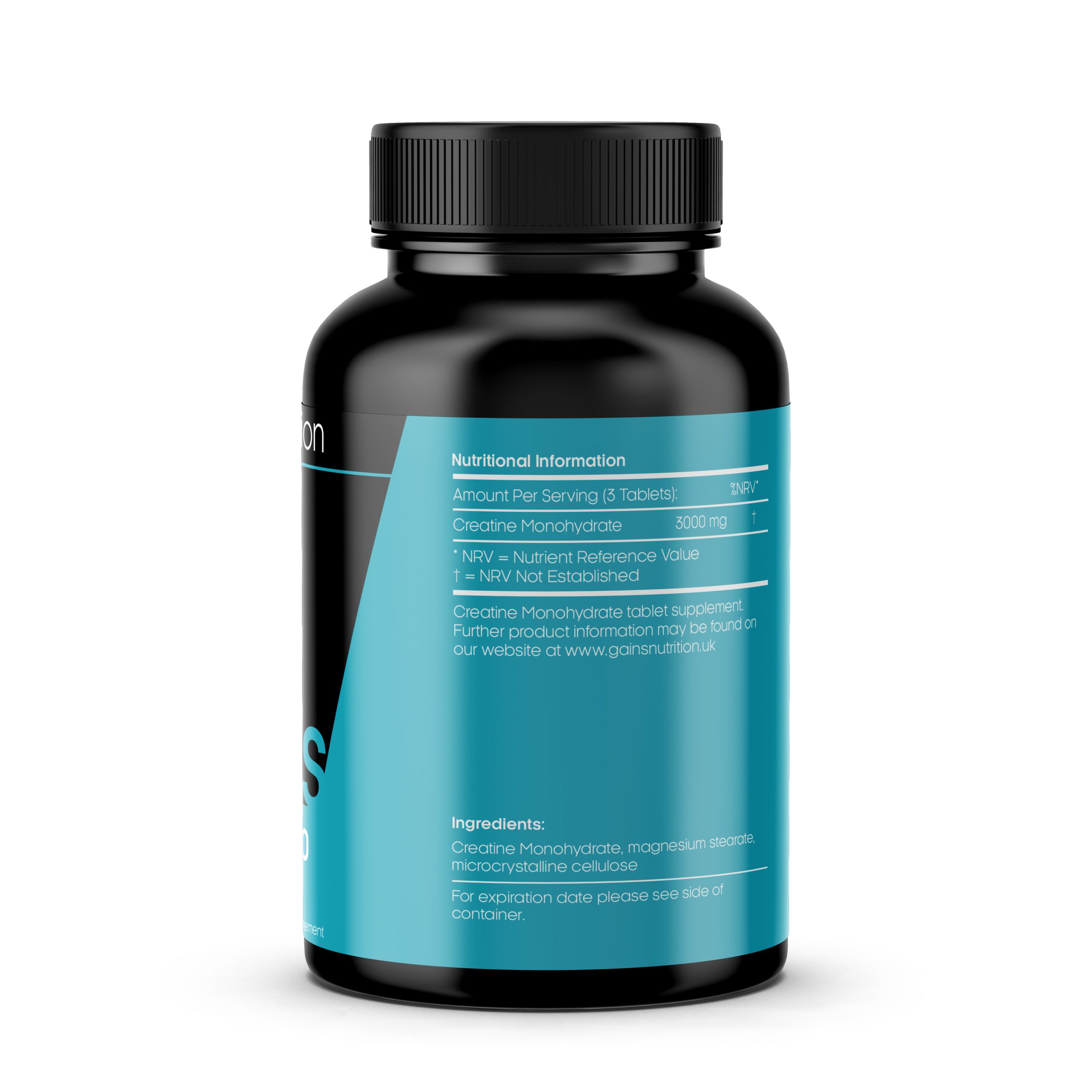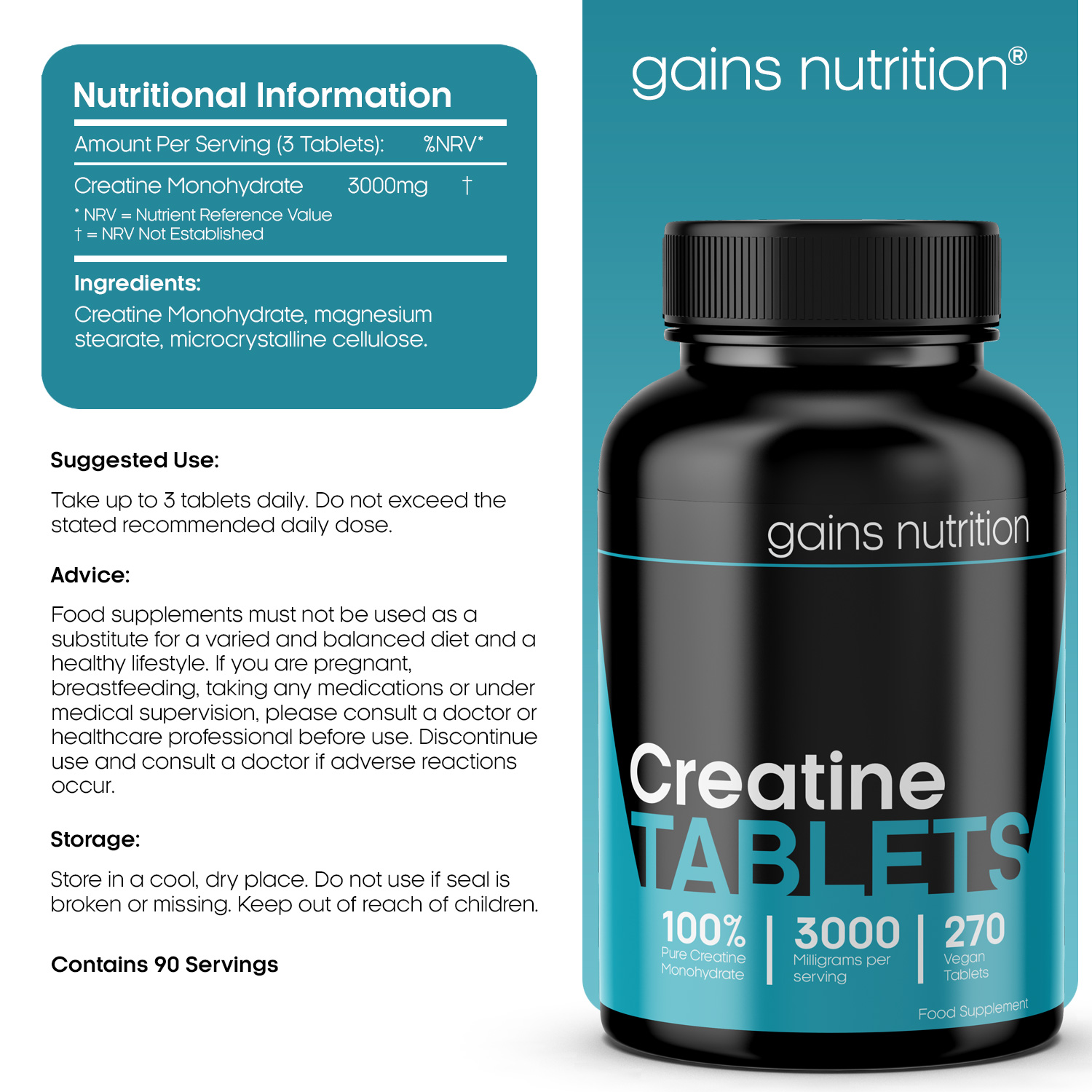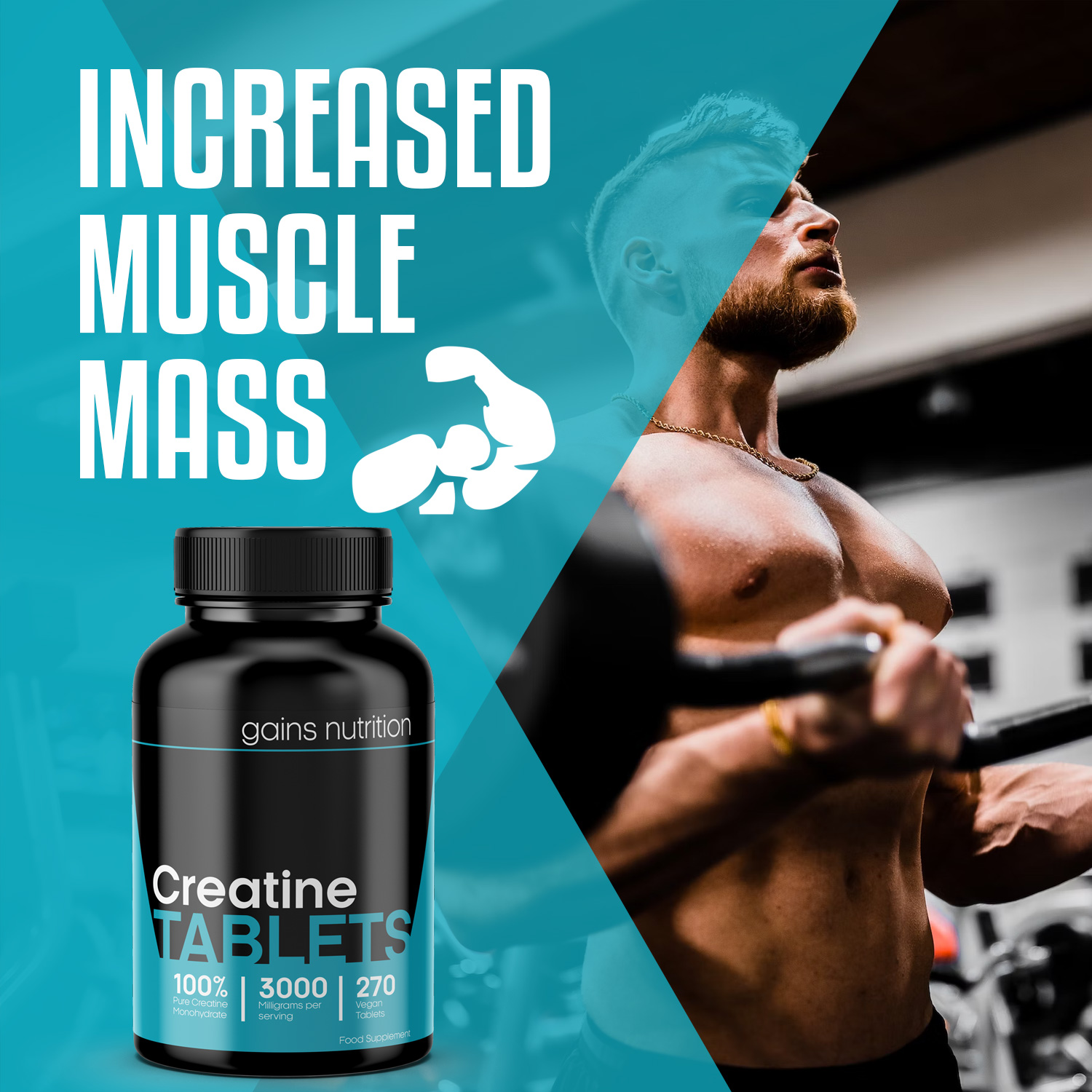Creatine monohydrate tablets are among the most popular and thoroughly researched supplements in the world of sports nutrition. Renowned for their ability to boost strength and muscle mass, these tablets also play a pivotal role in the recovery process following intense physical activities. Understanding how creatine monohydrate tablets work and the optimal ways to incorporate them into your recovery regimen can significantly enhance your athletic performance and shorten recovery times.
The Role of Creatine in Muscle Recovery
Creatine’s primary function in the body is to help regenerate adenosine triphosphate (ATP), the primary energy carrier in cells. During high-intensity workouts, ATP is consumed rapidly, and creatine helps replenish ATP stores more efficiently. This not only aids in improved performance but also enhances the muscle’s recovery processes post-exercise. You also aware about when to take creatine?
Speeding Up Recovery
By replenishing ATP levels quickly, creatine allows muscles to repair and build at an accelerated rate. This is crucial after workouts because muscle damage needs to be repaired, and glycogen stores need to be replenished. Creatine improves the rate at which these processes occur, reducing overall recovery time.
Reducing Muscle Soreness
Creatine has been shown to reduce muscle cell damage and inflammation following exhaustive exercise. This leads to a reduction in muscle soreness, often referred to as delayed onset muscle soreness (DOMS), which many athletes experience after intense sessions.

Optimal Dosage and Timing
To maximize the benefits of creatine for recovery, proper dosage and timing are essential. The standard dosing protocol for creatine monohydrate involves a loading phase followed by a maintenance phase.
Loading Phase
The loading phase typically lasts about 5-7 days, during which 20 grams of creatine are consumed daily, divided into four servings of 5 grams each. This saturates the muscles with creatine and can quickly enhance the recovery process.
Maintenance Phase
After the loading phase, a maintenance dose of around 3-5 grams daily is sufficient to maintain elevated creatine levels in the muscles.
Timing of Intake
For recovery purposes, taking creatine immediately post-workout is often recommended. This timing helps take advantage of the muscle’s heightened ability to absorb creatine and other nutrients, which is especially effective after resistance training.

Combining Creatine with Other Nutrients
To further enhance recovery, creatine can be combined with carbohydrates and proteins. This combination provides the nutrients necessary for muscle repair and can help increase insulin levels, which in turn helps in more effective creatine transport into muscles.
Protein and Creatine
Consuming creatine with protein, especially whey protein, can accelerate muscle repair and growth. The amino acids in protein are the building blocks of muscle, and when combined with creatine, they can significantly improve recovery times.
Carbohydrates and Creatine
Carbohydrates help replenish depleted glycogen stores and increase insulin levels, which helps transport creatine into muscle cells. A simple practice is to consume a creatine supplement with a carbohydrate-rich snack or meal post-workout.

Long-Term Benefits and Considerations
Using creatine monohydrate consistently over long periods can lead to sustained improvements in recovery and performance. However, it’s important to consider potential side effects and interactions.
Hydration
Creatine increases water retention in muscles, which can be beneficial for muscle recovery and growth but also means that staying well-hydrated becomes even more crucial. Adequate water intake should be maintained to support overall health and optimize creatine’s effectiveness.
Kidney Health
While there is no definitive evidence that creatine harms the kidneys in healthy individuals, those with pre-existing kidney conditions should consult a healthcare provider before starting a creatine supplement.
Conclusion
Creatine monohydrate tablets are a convenient and effective way to enhance both performance and recovery in athletic pursuits. By understanding the correct dosages, optimal timing, and potential combinations with other nutrients, athletes can make the most of this powerful supplement. Whether you’re looking to reduce recovery time, decrease muscle soreness, or simply get the most out of your workouts, creatine can be a valuable addition to your fitness regimen. For those seeking alternative forms of creatine, creatine gummies are also available, offering a tasty and convenient option that fits easily into a daily routine. As with any supplement, it is wise to consult with a healthcare professional before beginning any new supplement routine, especially if you have underlying health conditions.



